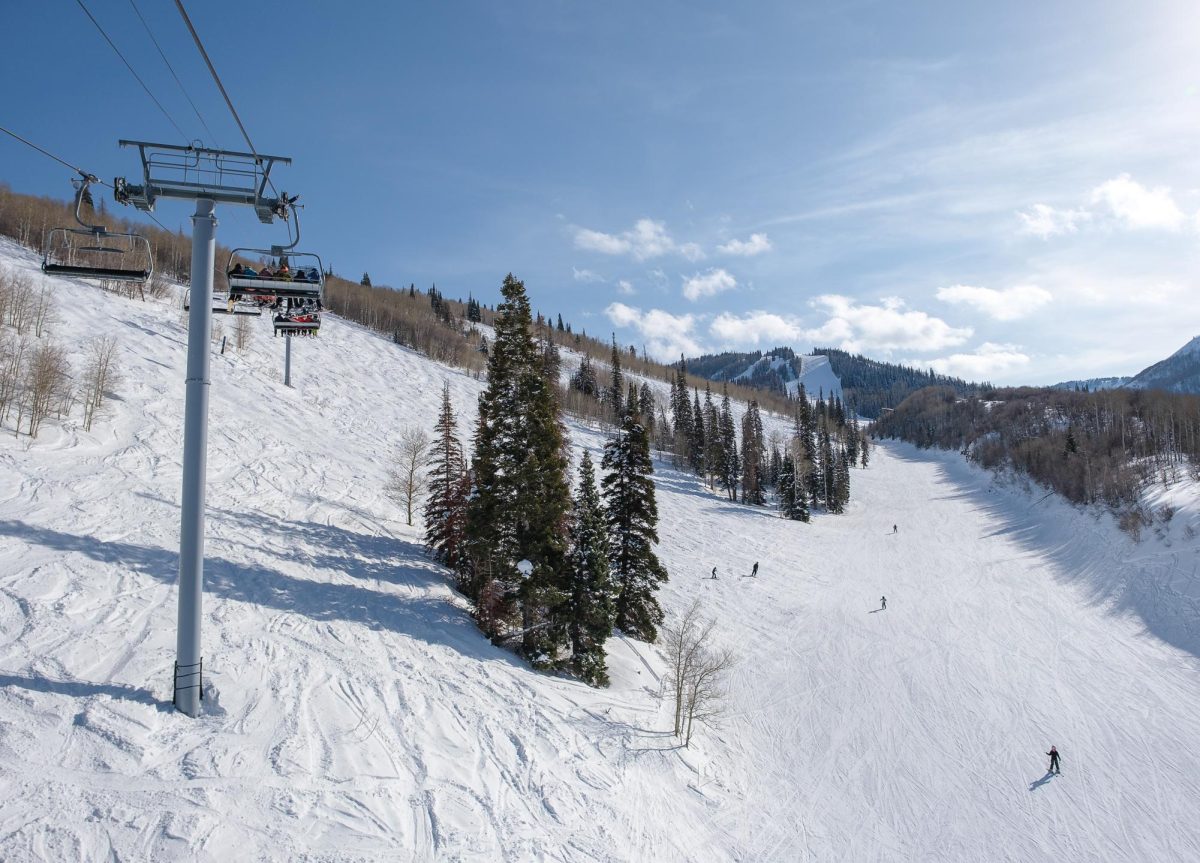Over 2,000 environmentalists, activists and members of the Standing Rock Sioux tribe have spent the year protesting the construction of a crude oil pipeline that would carry hundreds of thousands of barrels worth of oil across the United States. The Dakota Access pipeline, if built, would run 1,170 miles from the Bakken oil field in North Dakota to Illinois before connecting to an existing pipeline that runs to Texas. Earlier this month, the pipeline’s protesters were met with barbaric and excessive force by security guards who were employed by the company constructing the pipeline. Video footage from Democracy Now shows security guards enabling and allowing attack dogs to bite, bark and terrorize the activists and their horses. Others were met with pepper spray. “This guy just maced me in the face right now,” said one protester, referring to a security guard. “This guy maced me in the face.”
For me, this incident immediately raised a question: Why are private security forces resorting to regressive regulatory measures like siccing aggressive dogs on people?
Allowing attack dogs to rip at the flesh of protesters is uncannily reminiscent of the tactics of police in the South during the Civil Rights Movement. I don’t remember much from my high school and middle school history classes, but I distinctly remember reading about The Birmingham Campaign. In 1963, activists and allies began taking part in sophisticatedly structured sit-ins, marches and boycotts throughout the racist pinnacle of Birmingham, Alabama. The response of police, particularly of commissioner Bull Connor, was violent and disturbing. Consider this paragraph of a story by the Birmingham News entitled “Fire Hoses, Police Dogs Used To Hunt Down Negro Demonstrators” which documents one such incident: “About 100 negro demonstrators singing and strutting were dispersed with fire hoses and police dogs this afternoon as new marches were attempted on the area near Kelly Ingram Park.”
Following the chaos in Birmingham, the front pages of newspapers nationwide were saturated with now iconic photographs of black individuals — one as young as 17 — being viciously violated by large canines at the hands of their unapologetic owners. The nation was shocked by the callousness and cruelty witnessed in Birmingham and these photos quickly became the impetus of what we now know as the Civil Rights Movement.
In contemporary culture, we look back on this era with disdain and disgust. We reflect on the poor nature of our ways, and most of us like to imagine that things have changed, that we have collectively evolved as a society. In light of the protests in North Dakota, however, the line between past and present is not a bright one. In the 1960’s, African Americans fighting for equal treatment and autonomy were responded to with water hoses, dogs and barbarism. In 2016, when Native Americans are fighting for land rights and environmental justice, the only element missing is hoses. We should use the protest of the Dakota pipeline, and the excessive response to it, as a reminder that, when it comes to respecting and upholding the rights of certain groups, and treating these groups with dignity, we still have a ways to go.

















